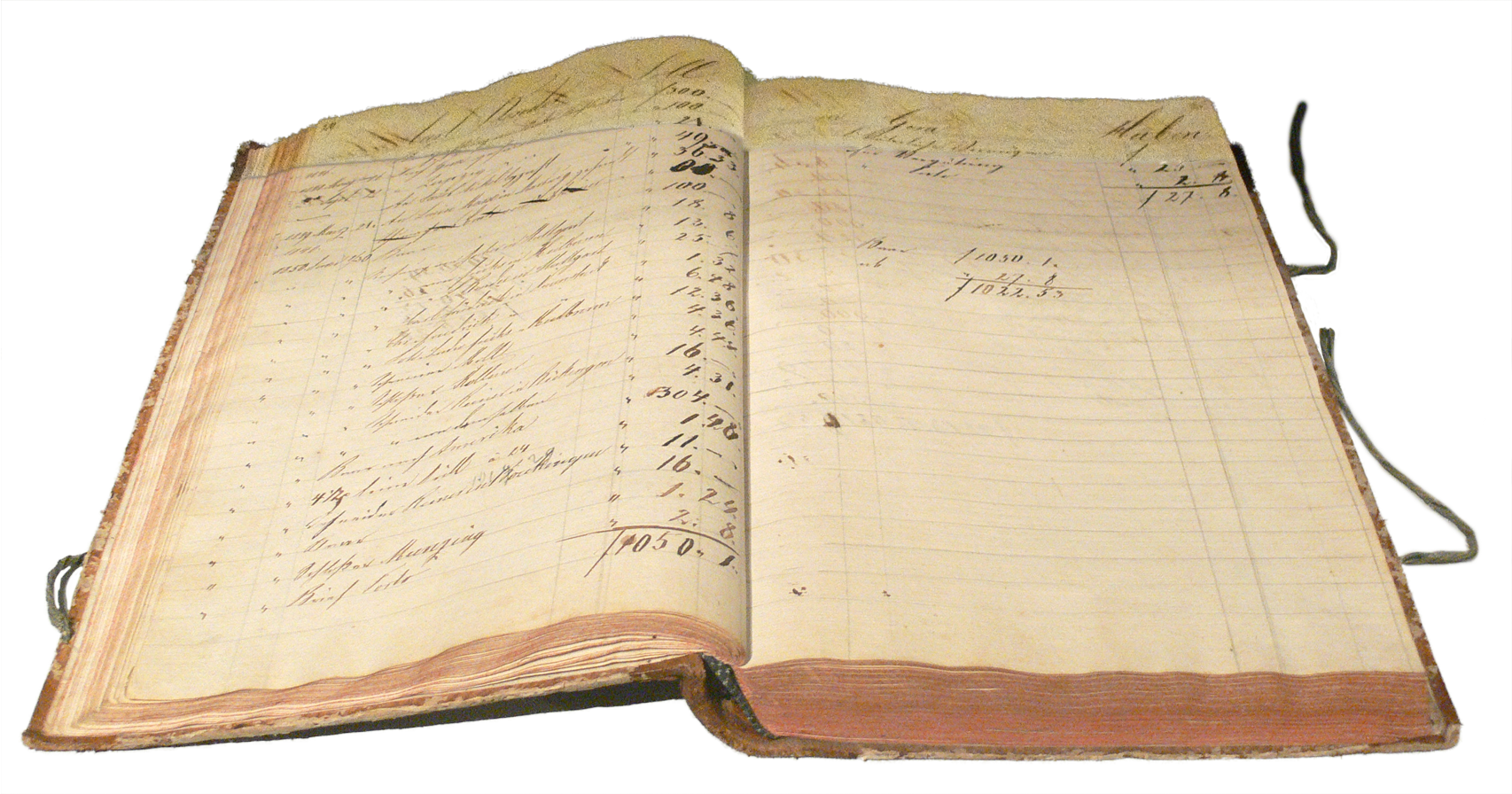Accounting and Finance for Small Businesses
- Introduction to Small Business Financing
- Financial Statements & Month-End Reconciliation
- Roles & Responsibilities in Small Business Finance
- Tax Savings and Filing for Small Businesses
Roles & Responsibilities in Small Business Finance
The Role of an Accountant in Small Business

Practitioner of accounting or accountancy.
In the world of small business, the role of an accountant is crucial. An accountant is responsible for recording, interpreting, classifying, analyzing, reporting, and summarizing financial data. The accountant's role is not just about crunching numbers, but also about providing strategic advice and helping the business to grow.
Understanding the Role of an Accountant
An accountant is a professional who handles the bookkeeping and prepares financial documents like profit-and-loss statements and balance sheets. They are responsible for the accuracy of all financial information and for ensuring that all transactions comply with current laws and regulations.
Key Responsibilities of an Accountant
The responsibilities of an accountant in a small business can vary widely depending on the size and nature of the business. However, some of the key responsibilities typically include:
- Preparing financial statements, business activity reports, and forecasts
- Monitoring financial details to ensure legal compliance
- Inspecting account books for efficiency and accuracy
- Organizing and maintaining financial records
- Improving businesses efficiency where money is concerned
- Making best-practices recommendations to management
- Suggesting ways to reduce costs, enhance revenues, and improve profits
How an Accountant Contributes to Business Growth
An accountant plays a vital role in the growth of a business. They provide valuable insights into the financial health of the business, helping to identify growth opportunities and potential risks.
By analyzing financial data, an accountant can help identify profitable areas of the business, as well as those that are underperforming. This information can be used to inform strategic decisions, such as where to invest more resources or where to make cuts.
Furthermore, an accountant can help a business to save money by identifying inefficiencies and suggesting ways to improve processes or reduce costs. They can also help to ensure that the business is compliant with tax laws and regulations, helping to avoid penalties and potential damage to the business's reputation.
The Relationship Between an Accountant and Other Financial Roles
In a small business, the accountant often works closely with other financial roles, such as the bookkeeper and controller. The bookkeeper is typically responsible for the day-to-day financial tasks, such as recording transactions and keeping track of invoices, while the controller oversees the company's overall financial strategy.
The accountant, bookkeeper, and controller all play important roles in the financial management of a small business. By working together, they can help to ensure that the business is financially healthy and positioned for growth.
In conclusion, the role of an accountant in a small business is multifaceted and vital. They not only handle the financial data but also contribute to strategic decision-making and business growth. Understanding the role and responsibilities of an accountant can help business owners to better manage their finances and make informed decisions about their business.